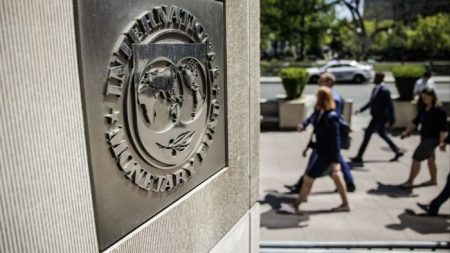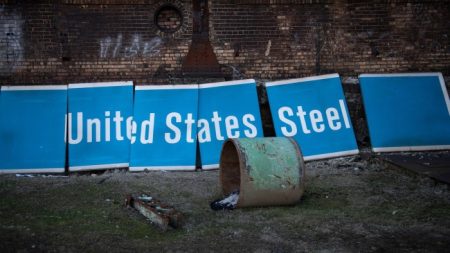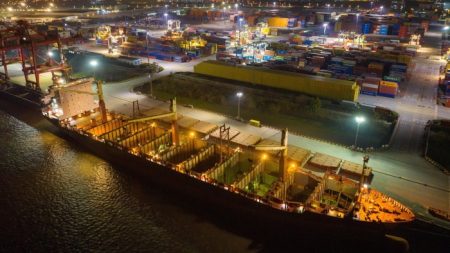Unlock the Editor’s Digest for free
Roula Khalaf, Editor of the FT, selects her favourite stories in this weekly newsletter.
Iran said Hamas’s political leader Ismail Haniyeh was killed by a “short-range projectile” that was fired into the official residence where he was staying in Tehran, and vowed to “punish” Israel.
The country’s Revolutionary Guards said on Saturday that the assassination was “orchestrated and executed” by Israel and accused the “criminal” US of complicity in the strike by providing support for the Jewish state.
Haniyeh and his bodyguard died early on Wednesday morning, hours after he participated in the inauguration of Iranian president Masoud Pezeshkian. Haniyeh, who lived in exile in Qatar but travelled regularly to Tehran, also met Iran’s supreme leader Ayatollah Ali Khamenei on Tuesday.
Israel has neither confirmed nor denied carrying out the killing, and typically does not comment on its assassination attempts in the Islamic republic.
The attack on Haniyeh has stoked fears that the Middle East is at risk of sliding into a full-blown war.
It dealt a humiliating blow to the republic, which backs regional militants that have launched missiles and drones against Israel since Hamas’s October 7 attack triggered the war in Gaza.
The guards said an “appropriate” Iranian response to Haniyeh’s killing “will come at the time and place of our choosing”.
The day before Haniyeh’s death, Israel said it carried out an attack in Beirut that killed Fuad Shukr, the military commander of Hizbollah, the Iranian-backed Lebanese militant movement. Hizbollah has also promised retaliation for that assassination.
The guards said the investigation into Haniyeh’s assassination revealed that a short-range projectile, with a warhead weighing about 7kg, was used. It said in Iran’s first official account of the attack that the projectile caused a powerful explosion “from outside the area where the guests’ residence was located”.
The republic was certain to “avenge the blood” of Haniyeh and deliver a “severe punishment” to the “adventurous and terrorist Zionist regime”, the statement said.
Khamenei had previously said “we consider it our duty to avenge the blood of a revered guest” killed “on the territory of the Islamic republic”.
The assassinations of Haniyeh and Shukr have increased the risk of a co-ordinated response from the so-called axis of resistance, which in addition to Hizbollah and Hamas includes the Houthis in Yemen and Shia militias in Iraq and Syria.
Israel and Hizbollah have exchanged fire regularly since Hamas’s October 7 attack. But tensions rose sharply after a rocket strike killed 12 youngsters on a football pitch in the occupied Golan Heights last week, which Israel blamed on Hizbollah.
The US, which had pledged to defend Israel, has boosted its military presence by deploying warships and fighter jets to the Middle East in anticipation of an attack against its ally.
Haniyeh’s assassination on home territory is considered a security breach for Iran and has revived fears about enemy agents penetrating the country’s intelligence apparatus.
Hosseinali Haji Deligani, an Iranian lawmaker, said the possibility of “hired agents having played a role in Haniyeh’s assassination cannot be ruled out”.
The latest incident has raised the stakes in the stand-off between the Islamic republic and Israel. In April, after a decades-long shadow war, Iran launched hundreds of missiles and drones against Israel, in a widely telegraphed attack in response to a deadly Israeli strike on its consulate building in Syria. Israel responded with a raid on a military base near the Iranian city of Isfahan, but tensions had eased since then.
Ismail Kosari, a member of the Iranian parliament’s national security and foreign policy committee, insisted Tehran would respond more forcefully this time.
“Exacting revenge is a question of [defending] our honour and territory,” he said on Saturday. “Avenging Haniyeh’s blood will entail a heavier response.”
Read the full article here












